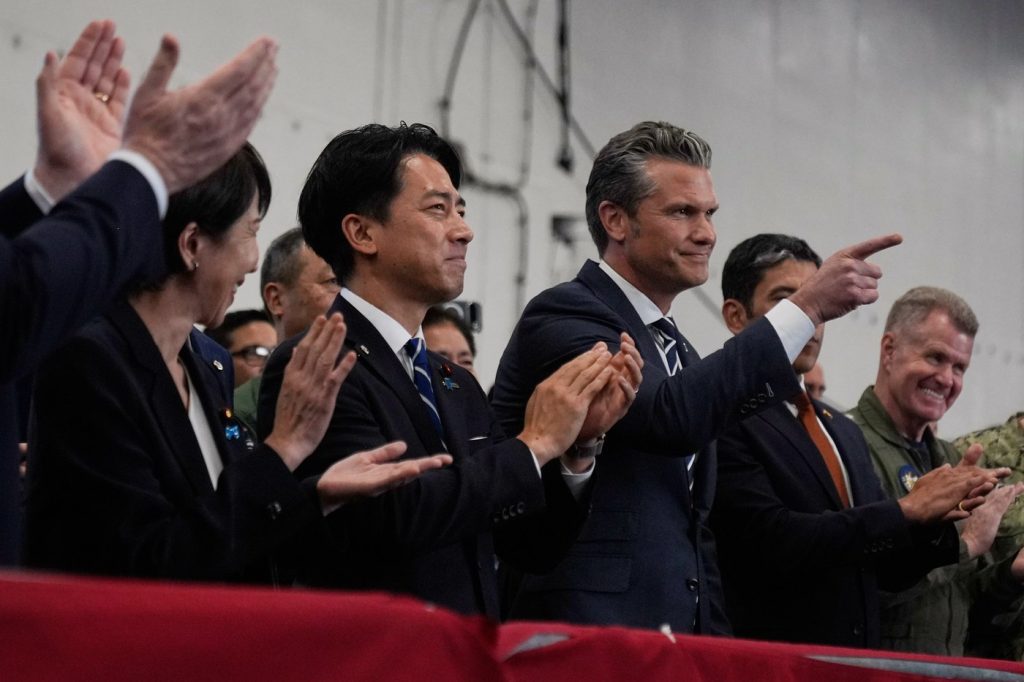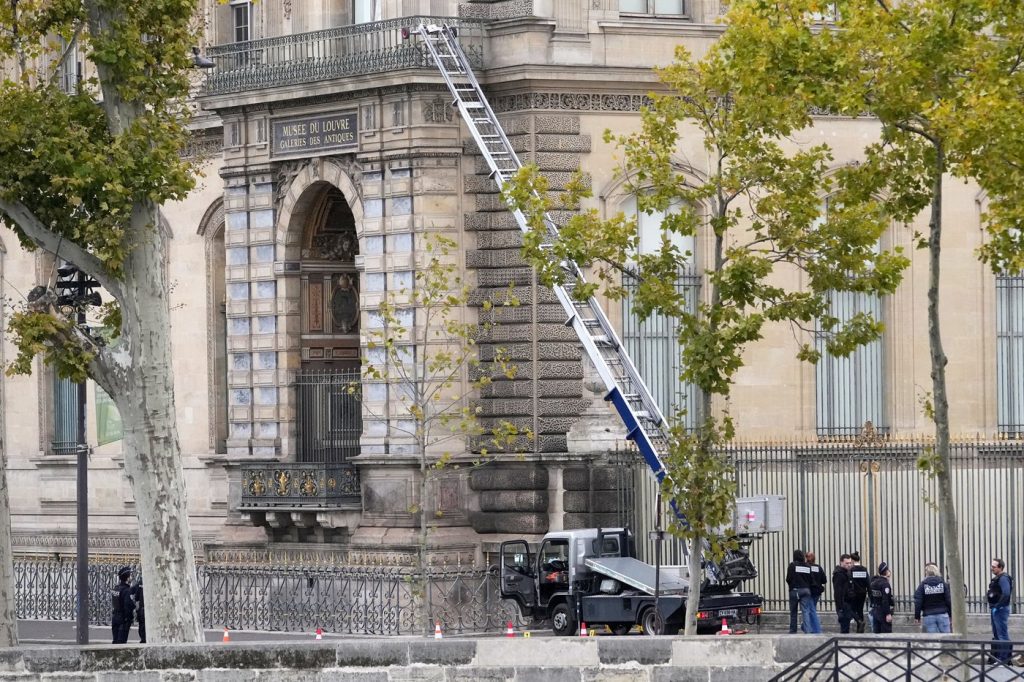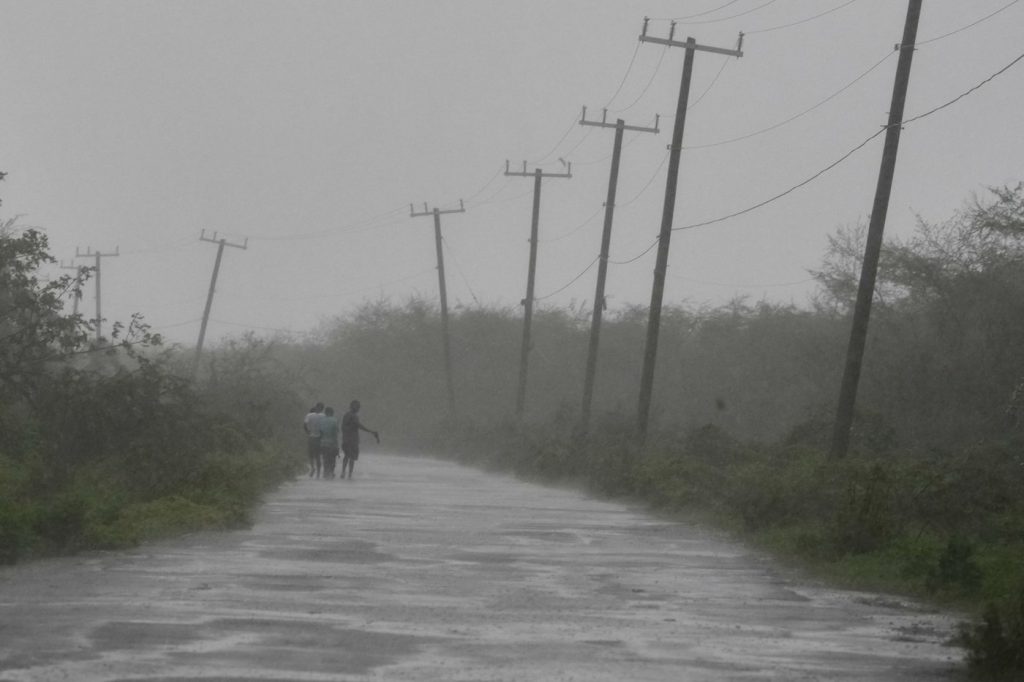On Tuesday, U.S. Defense Secretary Pete Hegseth announced that the military conducted strikes in the eastern Pacific Ocean, targeting four boats suspected of drug trafficking. This operation resulted in the deaths of 14 individuals and left one survivor, marking the deadliest day in the Trump administration's ongoing campaign against drug trafficking in South America. This incident is notable as it represents the first occasion multiple strikes were announced on the same day amidst an escalating series of attacks that began earlier in September.
The strikes were carried out off the coast of Colombia, according to an anonymous Pentagon official. After one of the attacks, the military discovered a survivor clinging to wreckage in the water. The survivor's location was transmitted to the U.S. Coast Guard and a Mexican military aircraft, although the Mexican navy is conducting its search about 400 miles southwest of Acapulco, leading to speculation regarding the exact location of the strikes.
In a press conference, Mexican President Claudia Sheinbaum expressed dissatisfaction with the U.S. operations, stating that Mexico wants all international treaties to be respected and emphasized their need for dialogue on the attacks. Hegseth confirmed that Mexican authorities were coordinating the rescue operation for the survivor, yet it remains unclear whether the individual will be handed over to the U.S. or stay in Mexico’s custody.
This recent escalation in U.S. military operations has also strained relations with historic allies like Colombia. The Trump administration imposed sanctions on Colombian President Gustavo Petro and members of his family over allegations of involvement in drug trafficking, which Petro has vehemently denied. The U.S. has identified several strikes as being linked to the Tren de Aragua gang, a criminal organization based in Venezuela.
In previous operations during the same campaign, there were instances where two survivors were successfully rescued and repatriated to Colombia and Ecuador. Hegseth publicized video footage of the most recent strikes, showcasing two boats apparently loaded with narcotics that were destroyed in explosions. Despite these actions, the Trump administration has not provided evidence to substantiate the claims regarding the connections between the boats, drug cartels, and the individuals killed.
The cumulative death toll from strikes since the beginning of the operations now stands at at least 57. As U.S. military presence in the region increases, with reports of an aircraft carrier becoming involved, Venezuelan President Nicolás Maduro accused the U.S. of inventing a war against him. Meanwhile, Secretary of State Marco Rubio reiterated the U.S. commitment to counter drug trafficking while accusing Maduro’s regime of facilitating narcotic shipments.
President Trump has defended the strikes by claiming legal authority to engage in military action against drug traffickers, comparing them to the war on terrorism initiated post-September 11, 2001. Hegseth's remarks reiterated this perspective, suggesting that drug cartels have claimed more American lives than terrorist organizations like Al-Qaeda, framing the military operations as a necessary response.
This controversial series of strikes continues to shape U.S. foreign policy in the region and raises significant questions regarding the legal ramifications and potential diplomatic fallout with neighboring countries affected by these military actions.












